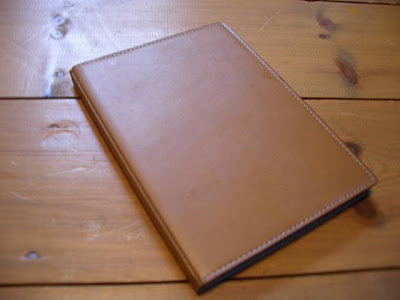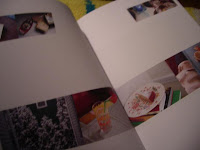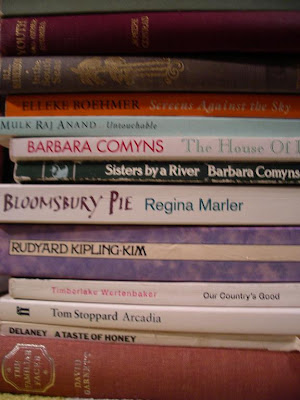
In As Time Goes By, one of my favourite sitcomes and starring the sublime Dame Judi Dench, Lionel (Geoffrey Palmer) reads books he thinks he's read, but realises he hasn't. The Bible, Winnie the Pooh, and Moby Dick all come under this heading (three books I've actually read - or, to be precise, 68 books I've actually read). Today I finished a play which almost comes into that category - Peter Pan. I had no illusions as to my actually having read Peter Pan, but I have seen the film and watched Finding Neverland enough to wonder just how much of it I did genuinely know.
I thought Peter Pan (1904, the play) was on my reading list for Literature and Empire 1880-1930, but turns out it was Peter Pan and Wendy (1911, the novel... well, some sort of prose anyway) but I didn't realise this until I'd started Peter Pan, and I thought it might still come in handy. Not sure whether it made the reading list because of the Native Americans/Red Indians in it, or because Never Land could be considered a colonial territory, but would be interesting to use the play from both angles. What I wasn't anticipating was that the play would be quite so charmingly, whimsically amusing - much in the way AA Milne's plays are, and indeed much writing was 1900-1920ish. Just the sort of thing I absolutely love, and which some people seem to absolutely loathe - I could never see 'twee' as an insult.
All great fun - and the Dedication at the beginning, which is some pages long, is rather touching about the boys with whom he made up the original adventures, and their gradual loss of belief in the games. All related with a light touch, but moving nonetheless. Years ago I read Andrew Birkin's rather good book J.M. Barrie and the Lost Boys, about Barrie and this family, and Finding Neverland was influenced by the biography to an extent - a fascinating man, and a fun play.
But more to the point - which books would fall into this Lionel category for you? You think you've read them but... you haven't. What would be in mine? It always surprises me that I've not read The Secret Garden by Frances Hodgson Burnett, or The Borrowers by Mary Norton. Both of which are with me in Oxford as we speak...
































